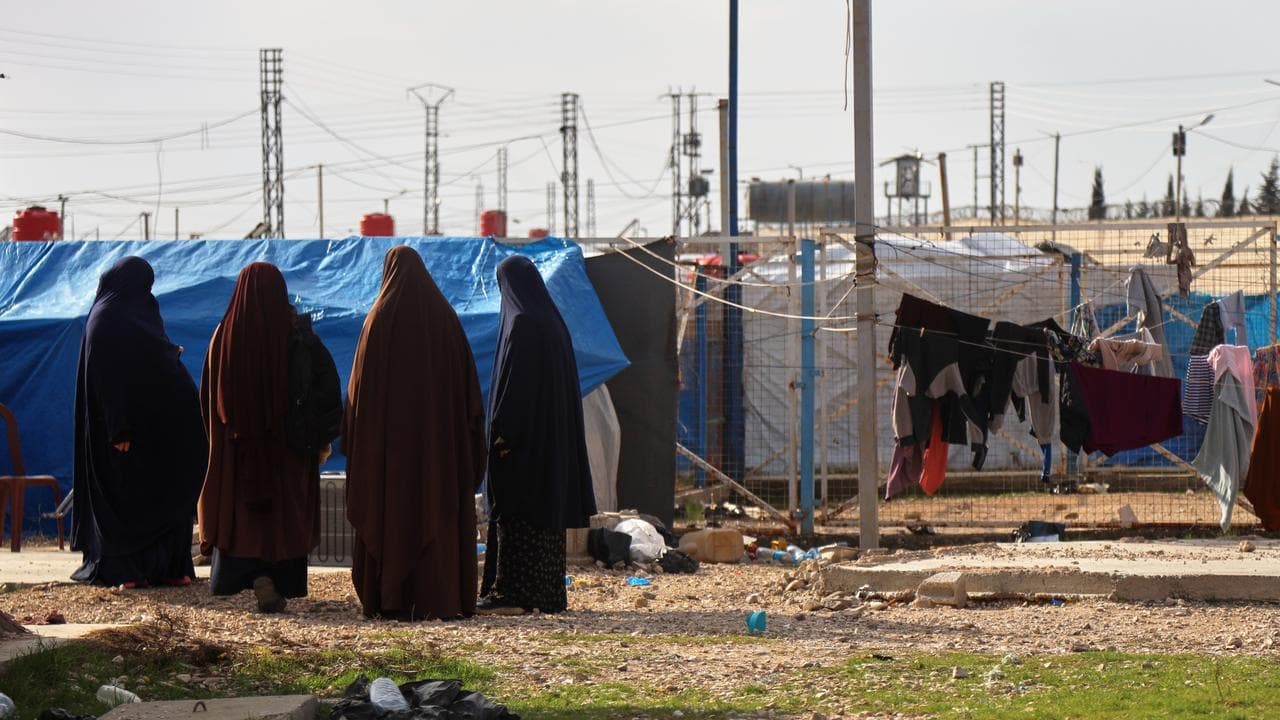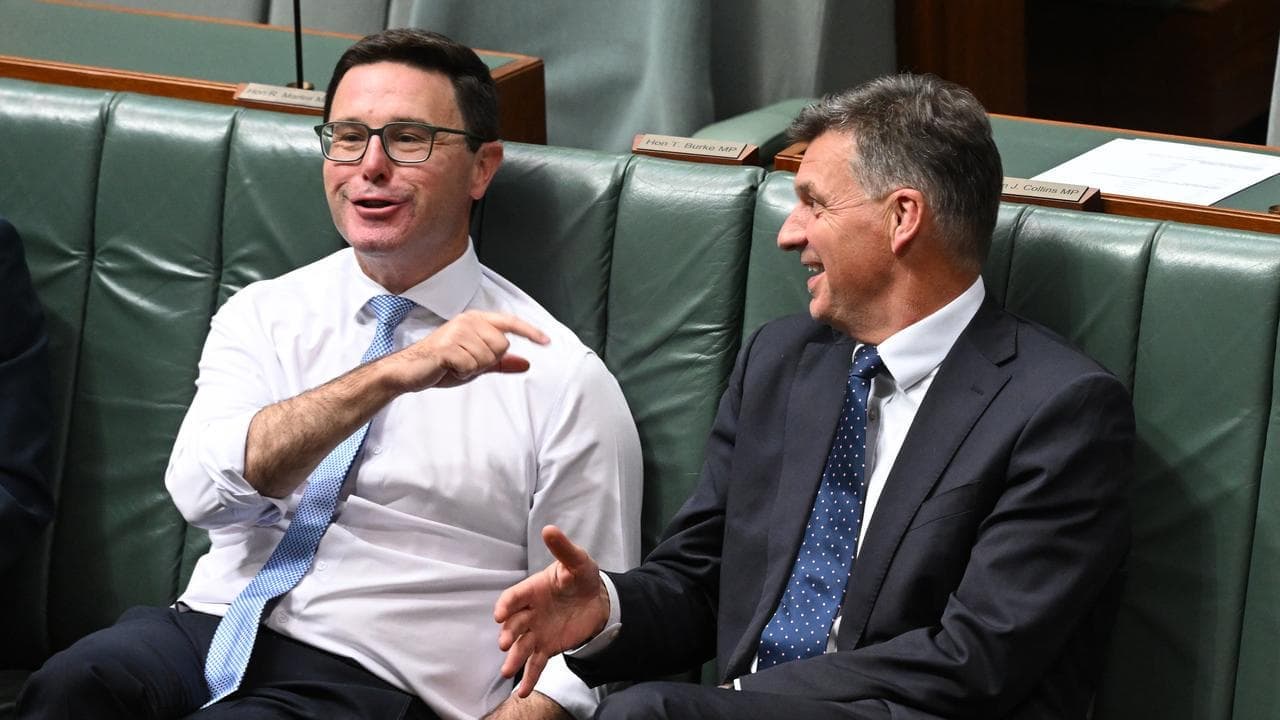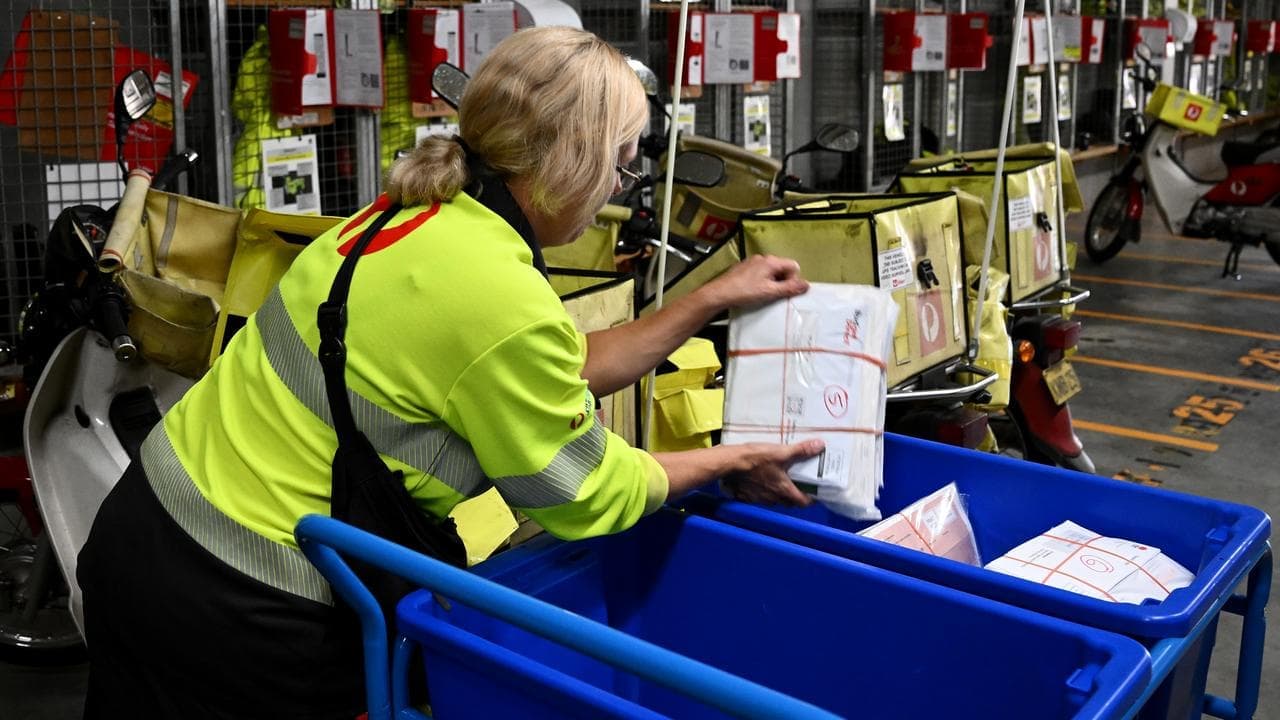WHAT WAS CLAIMED
The Centre for Disease Control will help the World Health Organization (WHO) impose health policies in Australia.
OUR VERDICT
False. The WHO has no power to dictate Australian health policies.
AAP FACTCHECK – The new Australian Centre for Disease Control (CDC) will be a "Trojan Horse" for the World Health Organization (WHO) by implementing health policies dictated by the global body, it's being claimed online.
This is false. The CDC's role and powers are yet to be established and the WHO has no power to dictate health policies in member states.
The claim is made in a social media post by lobby group CitizenGO.
It makes assertions about the powers of the CDC in relation to the WHO's International Health Regulations (IHR), which were amended in June 2024.

"These new IHRs are as bad as the Pandemic Treaty," the post's caption reads, "as they grant the WHO unprecedented power to dictate pandemic responses and health policies in Australia.
"With the CDC being the key government agency to enforce and roll out the IHRs in Australia, we effectively have a taxpayer-funded Trojan Horse for the WHO, doing their dirty work to undermine both our national sovereignty and your personal health choices and freedom."
The IHR are legally binding rules that set out how countries should prevent, prepare for, protect against, control and report on major public health events.
In particular, they focus on requirements for countries to report public health emergencies as soon as possible.
However, as covered by AAP FactCheck in 2022, the IHR do not give the WHO power over health policy of member states.
Sara Davies, a global health governance expert at Griffith University, told AAP FactCheck member states such as Australia can always refuse advice issued by the WHO.
"States will always have the power to make decisions on how to respond to a health emergency," Dr Davies said.

Anthony Zwi, a global health and policy expert at the University of New South Wales, said that while the WHO works with sovereign governments, it has no power or ability to intervene within a country in relation to public health measures.
"Lockdown, surveillance system, diagnostic testing – [these] would have to be implemented by a given country in keeping with its health system, available resources and political decision-making," Professor Zwi said. "The WHO cannot do more than advise."
A spokesperson for the federal government's Department of Health and Aged Care told AAP FactCheck the June IHR amendments will be subject to parliamentary scrutiny.
The spokesperson added: "The WHO has no legal authority to force or require countries to accept any of its recommendations, and can only provide aid and assistance at a country's request.
"As with all Australian laws, these can only be made and changed by an act of the Australian parliament, and not by any international treaty or other agreement."
Australia is one of the few Organisation for Economic Co-operation and Development (OECD) countries without a CDC. Following the pandemic, Labor pledged to create one if elected.
The interim CDC launched in January 2024 and is focused on health security and better understanding the connections between the health of people, animals and the environment.
The CDC's statement of intent reads: "The Australian CDC will not override or replace the jurisdictional responsibilities of states."

Paediatric infectious diseases specialist Ben Marais said the intent of the CDC will mostly be disease surveillance and response coordination.
"The public health responses implemented in practice will likely remain the prerogative of individual states and territories, as per the current constitution."
However, Terry Slevin, CEO of the Public Health Association of Australia, said the CDC's powers are yet to be set out in legislation.
"Their focus so far has been on a range of infectious disease issues, data consistency, capture, reporting and advice," the Curtin University adjunct professor said.
"Powers will be determined by the legislation."
He said the role of the CDC will likely be to provide expert advice, implement ways to properly and consistently capture, analyse and report data, and to make recommendations to governments going forward.
The Verdict
False – The claim is inaccurate.
AAP FactCheck is an accredited member of the International Fact-Checking Network. To keep up with our latest fact checks, follow us on Facebook, Twitter and Instagram.












